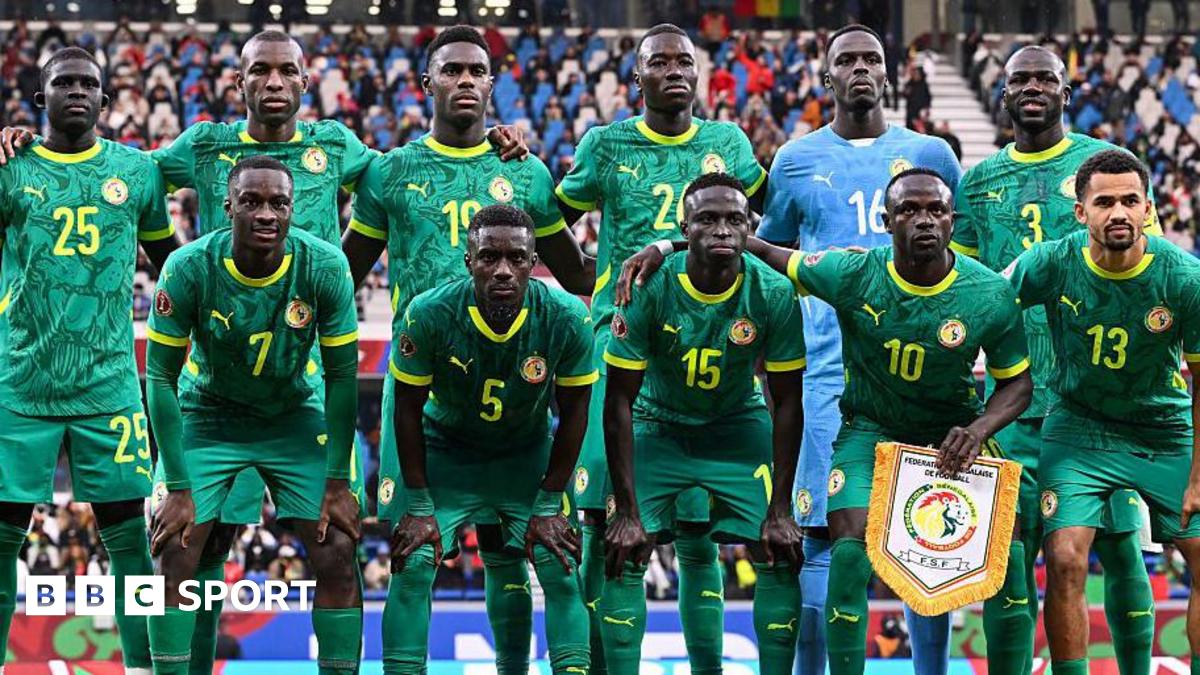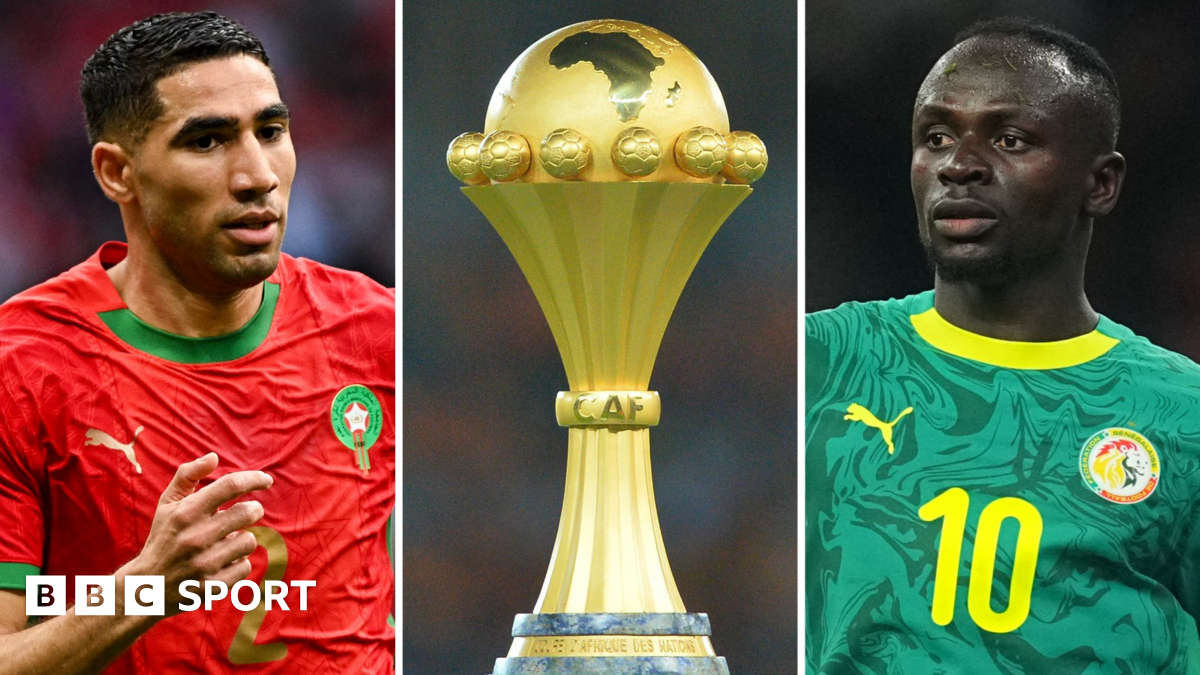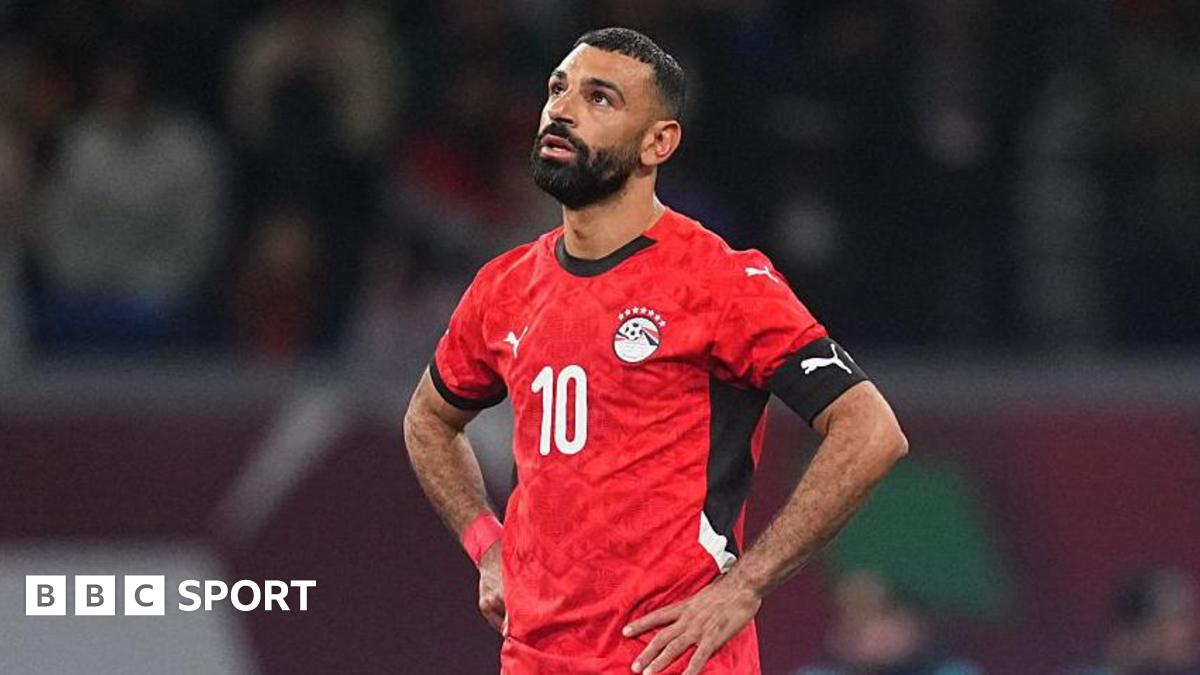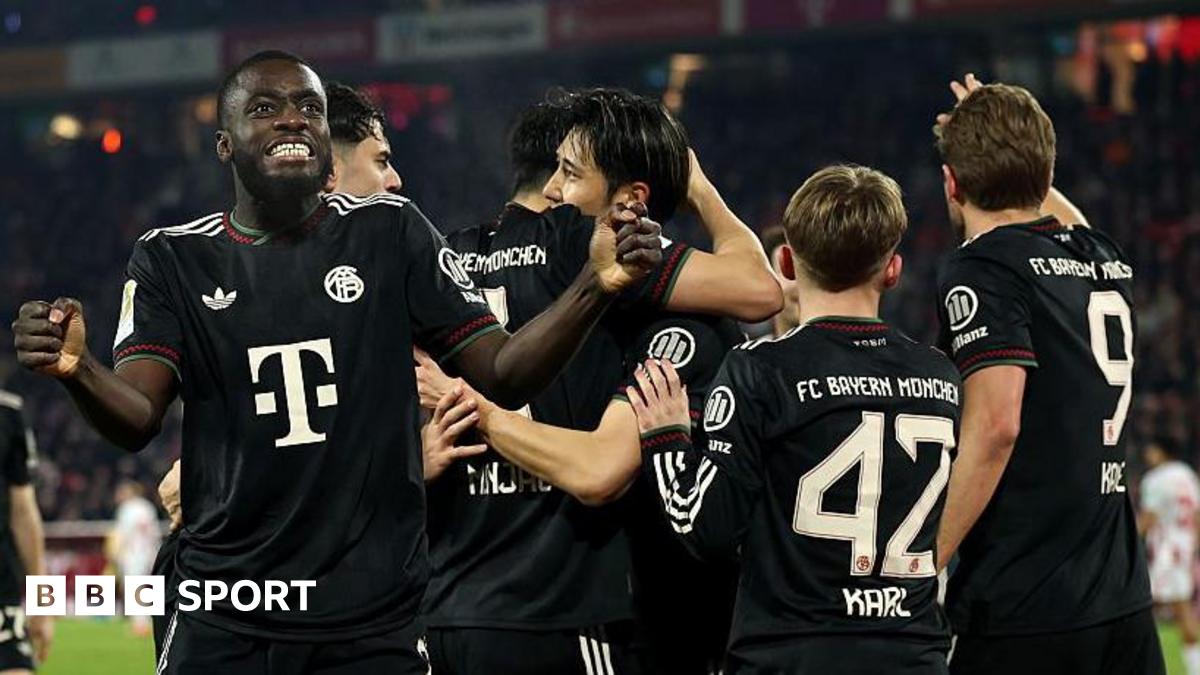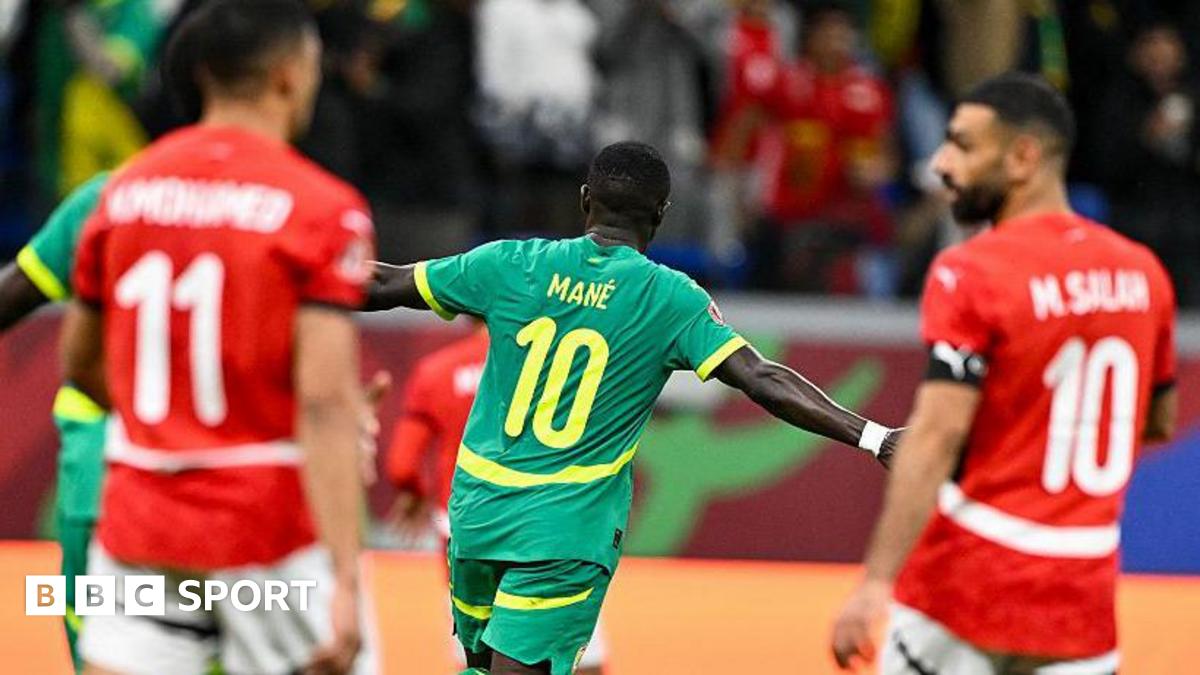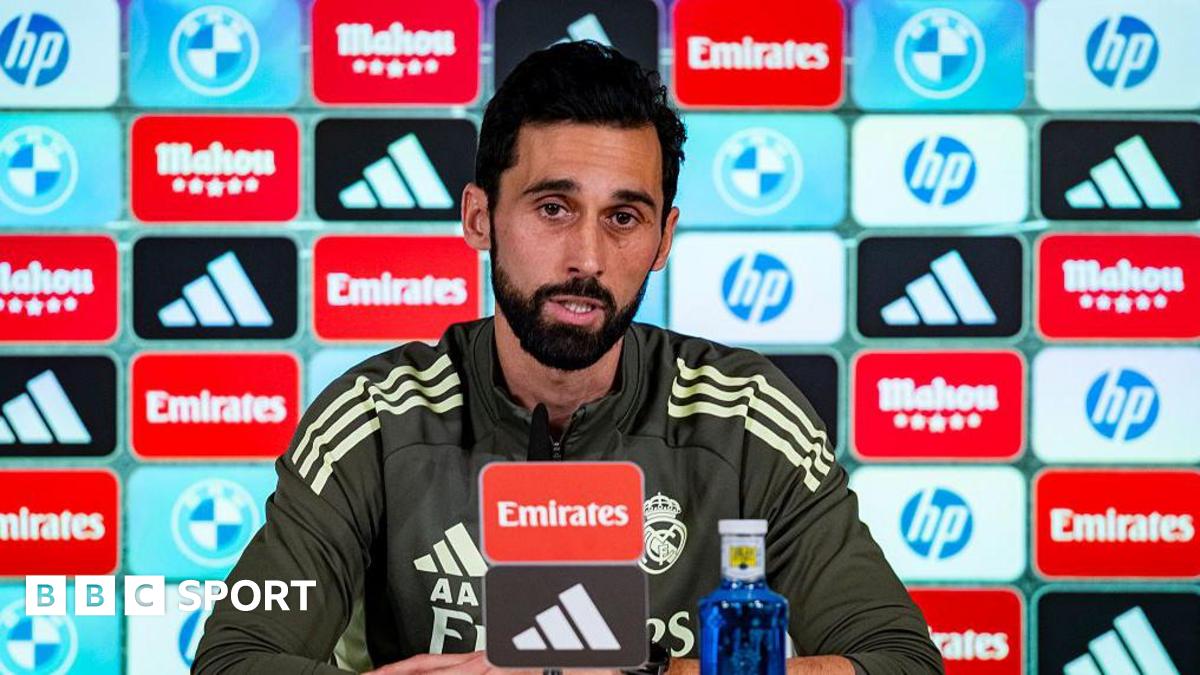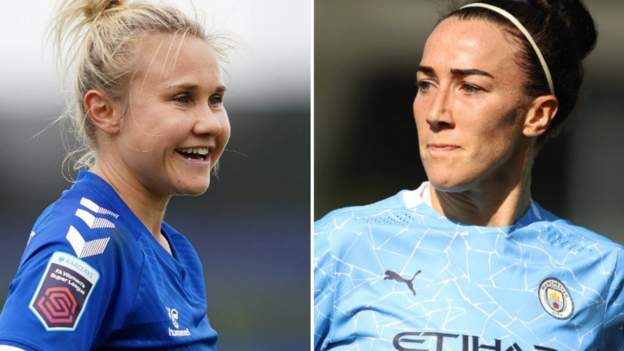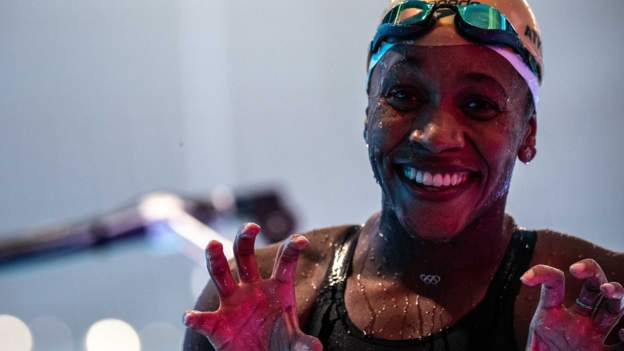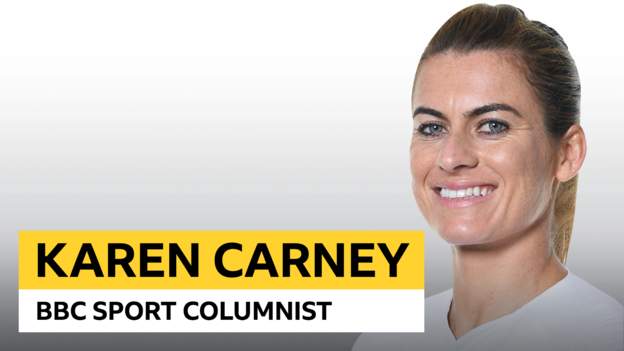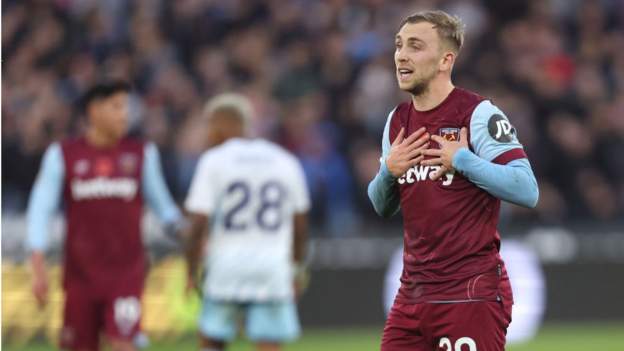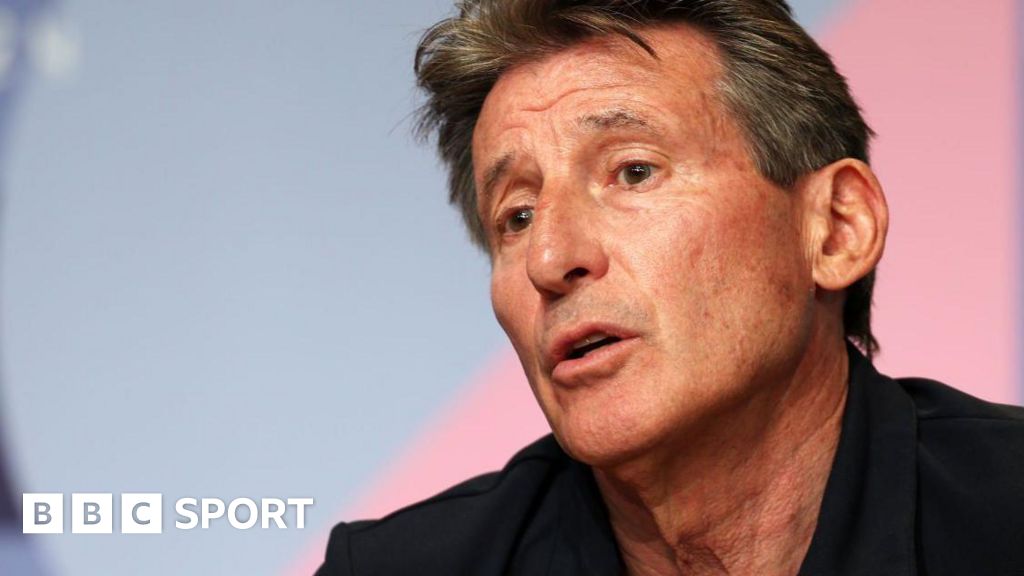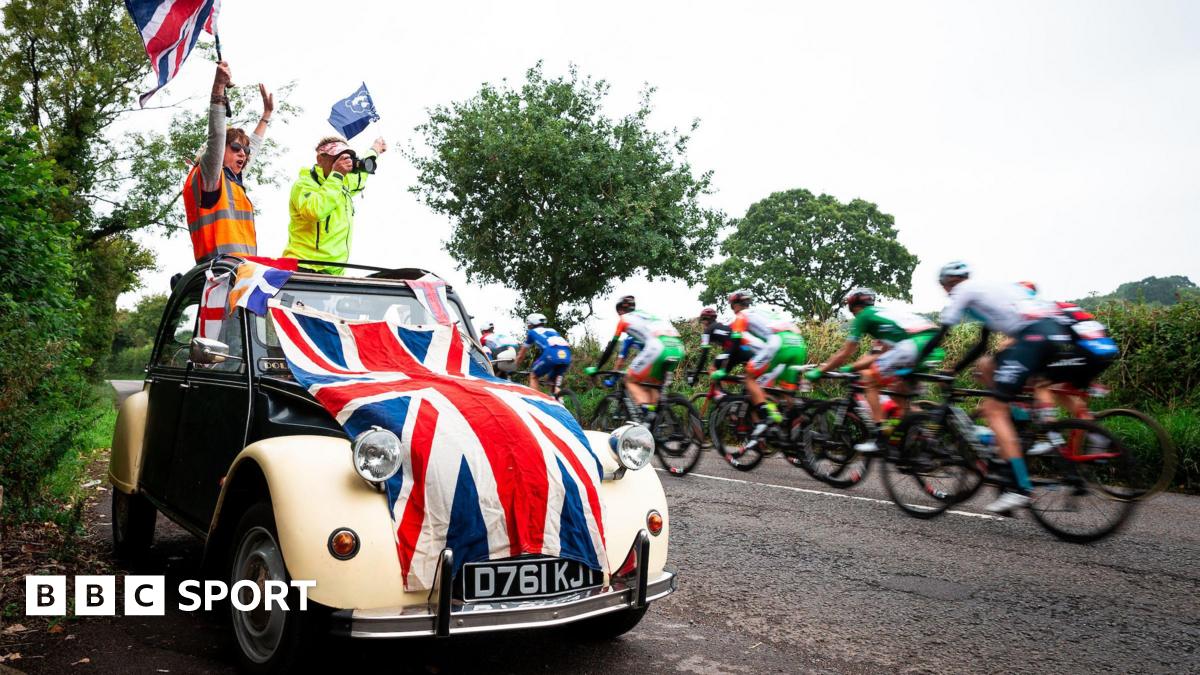| Date: Sunday, 1 November Venue: Wembley Kick-off: 14:30 GMT Coverage: Watch live on BBC One, the BBC iPlayer and the BBC Sport website & app |
Everton and holders Manchester City will contest the 50th Women’s FA Cup final on Sunday, live on BBC One.
The game will be played without any fans at Wembley, amid ongoing Covid-19 restrictions, as the delayed 2019-20 competition reaches a conclusion.
Both clubs are aiming to lift the trophy for the third time.
The Toffees are in their first final since 2014 and last won the cup in 2010, while City have won both their previous finals, in 2017 and 2019.
Everton beat Championship side London Bees, top-flight Bristol City and Women’s Super League champions Chelsea to reach the semi-finals, before a 3-0 win at Birmingham City in the last four.
Manchester City’s run started with a 3-2 win at local rivals Manchester United in January, before they eased past lower-tier Ipswich Town, won 2-1 at Championship club Leicester City and then earned a 2-1 win over Arsenal in the semi-finals.
‘No point going unless you’re going to win it’
The final was originally scheduled for May but the competition was postponed because of the coronavirus pandemic. It eventually resumed at the quarter-final stage in September, after the start of the 2020-21 WSL campaign.
The Toffees are unbeaten in their five WSL games so far and are second in the table, five points above Manchester City, whose early-season results have included a defeat at Chelsea and draws with Brighton and Reading.
“The challenge for me is to make sure that we’re not happy just being at Wembley,” Everton boss Willie Kirk said.
“We now want to go one better and actually, I don’t think there’s any point in going to Wembley unless you are going to win it.
“[In recent years], it’s City winning trophies, Arsenal winning trophies, Chelsea winning trophies. If people can cast their mind back 10 years ago, it was us winning trophies.
“I think 10 years is too long for a club this size and we are determined to get back to the days where Everton were competing for trophies. It would be even bigger, managing to topple one of the teams that are serial trophy winners right now.”
Man City ‘going for five trophies’
The 2019 final saw City run out 3-0 winners over West Ham United, in a year when they also won the League Cup, but they want an even bigger haul of silverware this time around.
“We’ve got the opportunity to go for five trophies this season, two of them being FA Cup competitions in one season,” boss Gareth Taylor said.
“We are trying to build a squad that are capable of competing on all fronts – to do that will be very difficult with the high level of competition in the WSL this season and obviously in the Champions League, the level just seems to keep on improving.”
Taylor’s side will have former defender Esme Morgan and England winger Chloe Kelly both eligible for selection, despite them both having played for Everton earlier in the 2019-20 competition.
Traditional ‘cup-tied’ rules were amended because of the change to the calendar forced by Covid-19.
Both sides’ large sets of international players have all returned from October’s international break without any injuries.
Sunday’s final comes five days after England were originally scheduled to face Germany away on Tuesday, but that friendly was called off after a member of the Lionesses’ backroom staff tested positive for coronavirus.
“We were fortunate in so much as we got the England girls back, a day or two earlier than we anticipated due to the circumstances,” Taylor added.
“We had to think on our feet quickly in terms of arranging their timetable, but it was great to have them back, and what you want is everybody knocking on the door, in terms of being ready, fit and available to play in this game. Everybody wants to play in a Wembley final.”
Wembley is hosting the fixture for only the sixth time, having first staged the final in 2015.
Sunday’s 50th final will be the first to be played behind closed doors.
The first, in the 1970-71 season, saw Southampton beat Stewarton Thistle 4-1, with Southampton going on to win eight of the first 11 cups.




